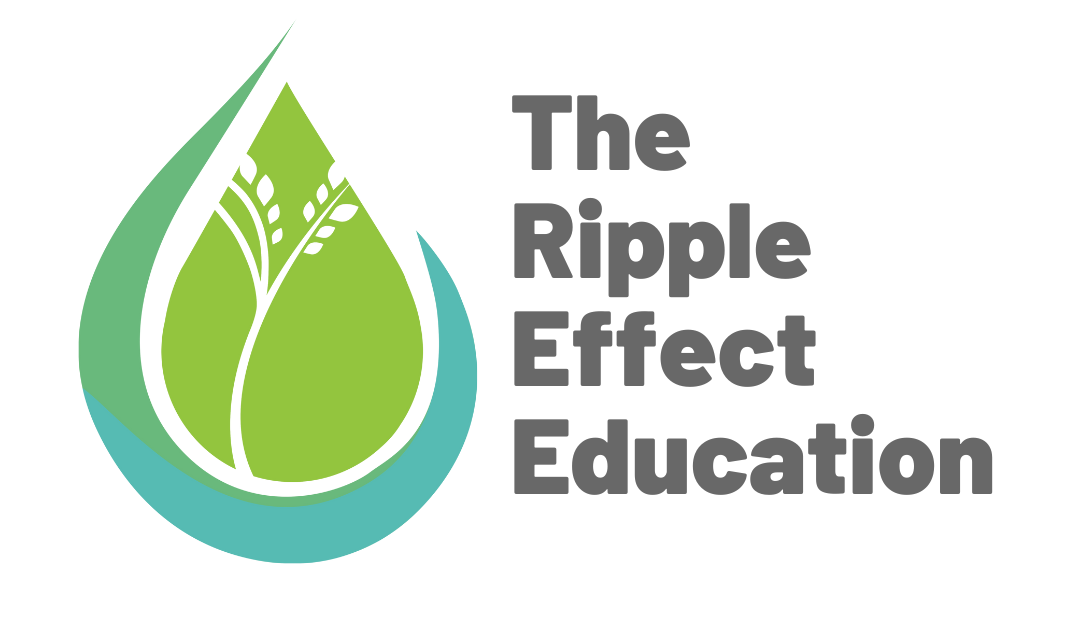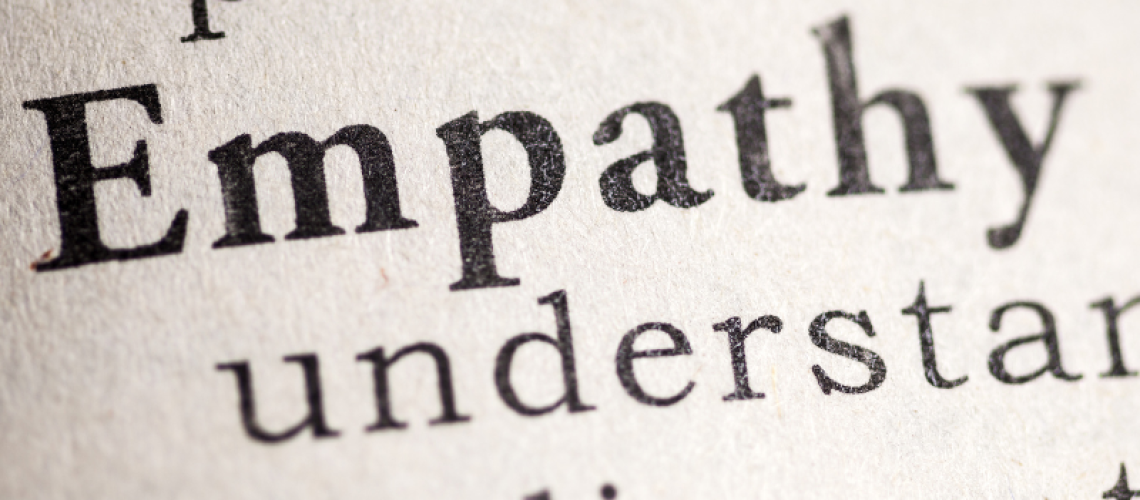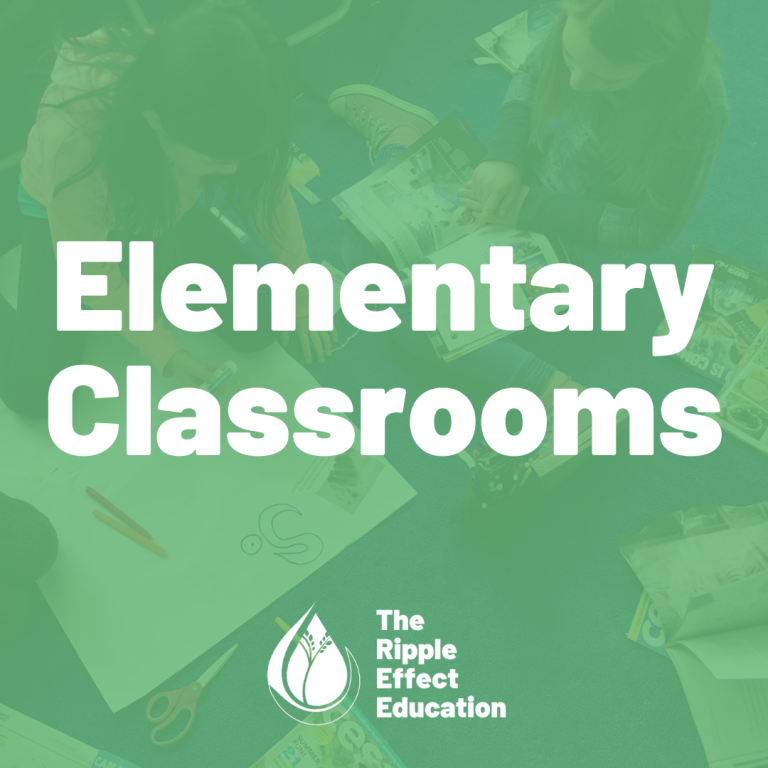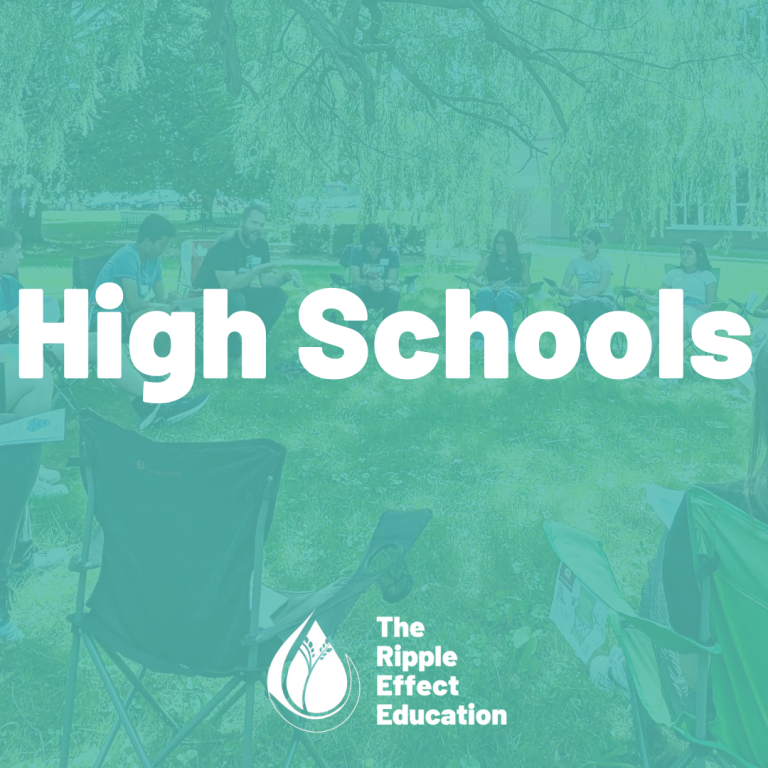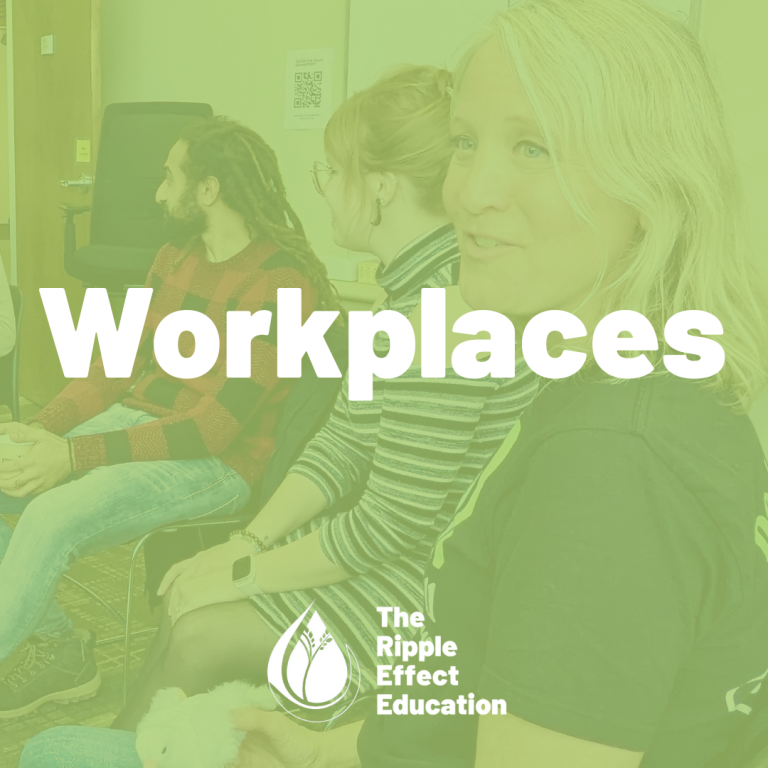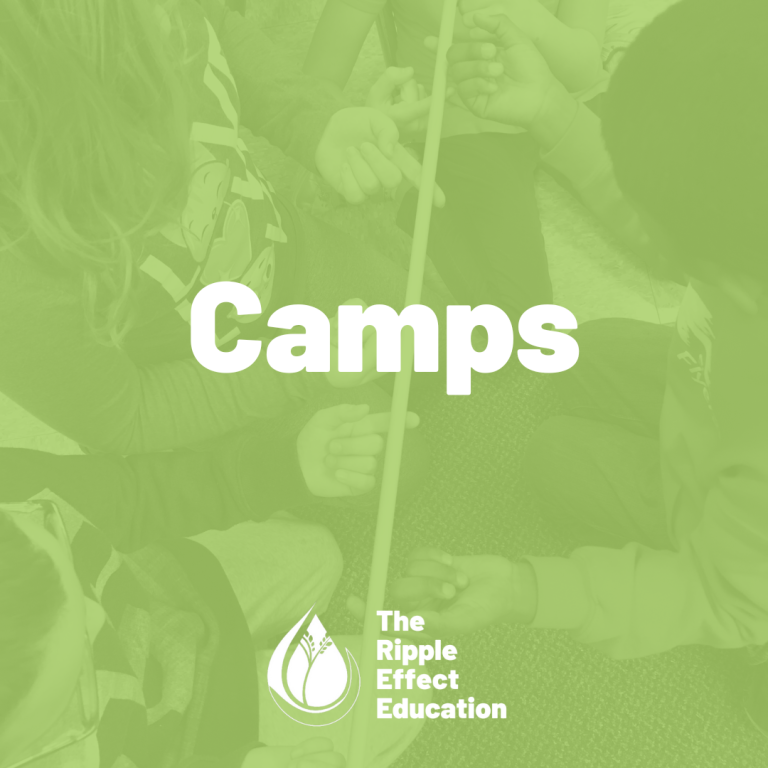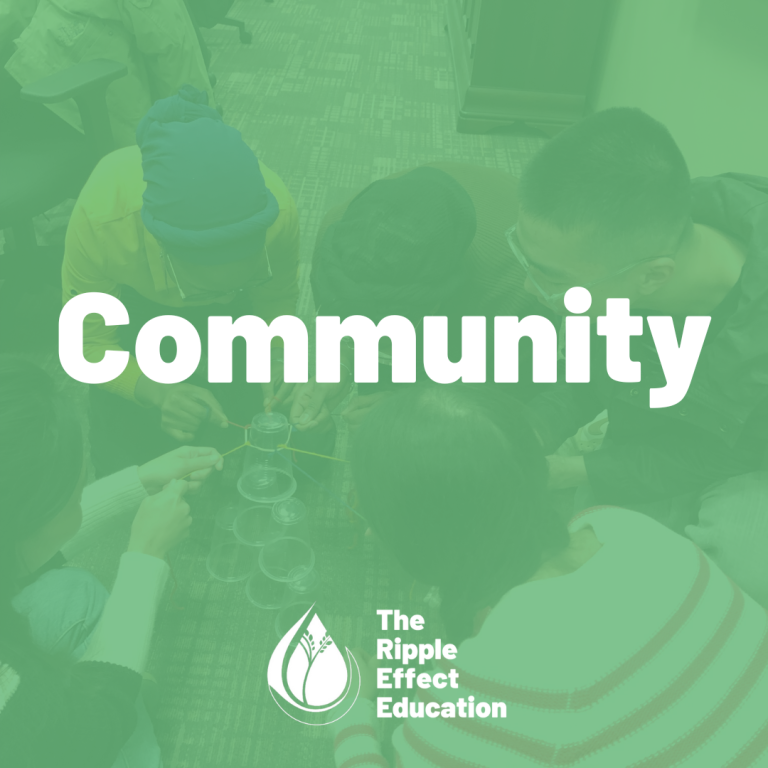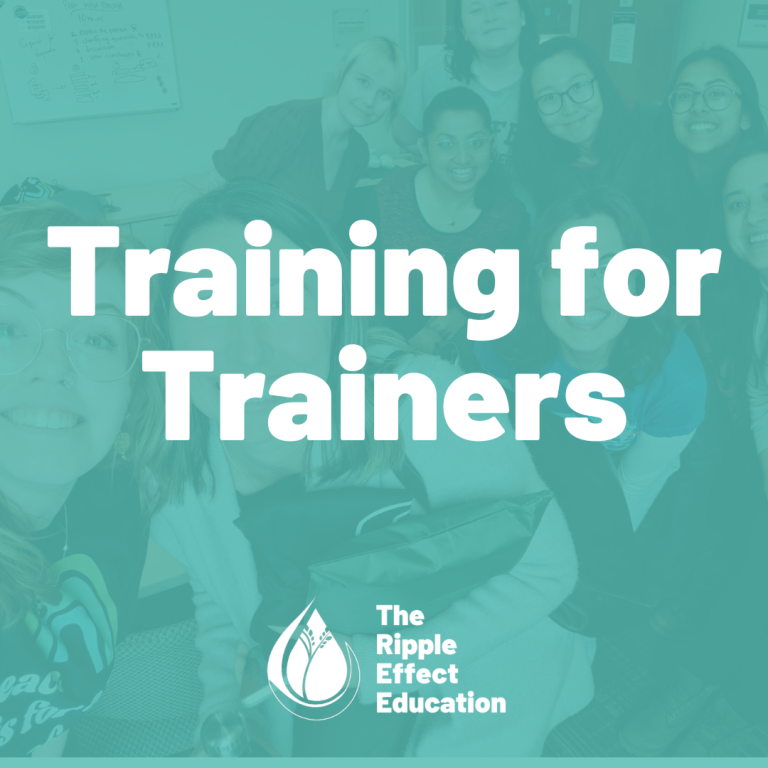We live in a society where we’re constantly encouraged to be positive, find the silver lining, and “stay strong.” But what if that advice isn’t always what people need? What if, instead of trying to fix things, we simply need to be present with others in their pain? That’s where empathy steps in, making a real difference in how we form meaningful connections.
So, What is Empathy?
What is empathy, and why is it so different from sympathy? It’s a question that might seem simple on the surface, but it touches on a profound truth about human relationships. Empathy is the fuel for connection, while sympathy, which is more about feeling sorry for someone, drives disconnection. This distinction is not just semantic—it’s foundational to how we interact with others, especially in times of distress.
Imagine a friend is telling you about a tough day at work. Instead of jumping in with advice or trying to lighten the mood, empathy would mean really listening and acknowledging their feelings. It’s saying, “That sounds really hard,” or “I can see why you’re feeling upset,” rather than, “At least it’s the weekend soon!”
Why Empathy Beats Sympathy
You might wonder why empathy is such a big deal. The main difference between empathy and sympathy is how it makes the other person feel. Sympathy can sometimes create distance, making the person feel like you’re observing their problem from the outside. Empathy, on the other hand, brings you closer to that person because it shows that you’re willing to sit with them in their feelings, without trying to fix or judge them.
When you’re empathetic, you’re not just saying you care—you’re showing it by being fully present and emotionally tuned in. This kind of response can make someone feel truly understood and supported, which is incredibly powerful, especially during tough times.
How to Practice Empathy
Here are some simple ways to bring more empathy into your interactions. It’s something everyone can do with a little practice.
-
- Listen More, Talk Less: When someone shares something with you, resist the urge to immediately offer solutions or compare their experience to your own. Instead, just listen and try to understand what they’re going through.
- Acknowledge Their Feelings: Sometimes, all someone needs to hear is, “I’m sorry you’re going through this,” or “That sounds really tough.” These simple statements can go a long way in making someone feel heard.
- Avoid Judgment: It’s easy to slip into judgment, even without meaning to. But try to keep an open mind and understand that everyone’s experience is valid, even if it’s different from yours.
- Be Present: Your presence can be more comforting than any words you could say. Sometimes, just being there for someone, whether in person or over the phone, is the most empathetic thing you can do.
- Connect With Your Own Emotions: Empathy involves connecting with something inside you that understands what the other person is feeling. It doesn’t mean you’ve been through the exact same situation, but that you can relate to the emotions involved.
- Listen More, Talk Less: When someone shares something with you, resist the urge to immediately offer solutions or compare their experience to your own. Instead, just listen and try to understand what they’re going through.
Why Empathy is Important
Empathy isn’t just about making others feel better—it’s also about building stronger relationships. When people feel like they can truly open up to you without being judged or dismissed, it deepens trust and connection. Plus, practicing empathy can make you more self-aware and emotionally intelligent, which are both great skills to have in all areas of life.
Next time someone confides in you, try embracing empathy. It might feel a little unfamiliar at first, especially if you’re used to giving advice or solving problems. However, this approach can have a meaningful impact—not only for the other person, but also for you. Empathy deepens with practice, enhancing connections and enriching relationships over time.
For more on empathy, see our other blog posts:
References:
Brown, B. (2013, December 10). The power of empathy [Video]. YouTube. https://www.youtube.com/watch?v=HznVuCVQd10

Zelal Tutak is focused on peace building and peace education. She is studying at Wilfrid Laurier University in the International Education Program and is entering her fourth year.
Zelal is involved in community support through her volunteer work. She has organized Ramadan Iftar dinner events at the Turkish Community Center, bringing people together to share meals and connect. Additionally, she volunteers at the Multicultural Center’s annual Multicultural Festival, which celebrates cultural diversity within the community.
She aims to further explore peace building and education through The Ripple Effect Education (TREE). She aims to develop educational programs that promote conflict resolution, empathy, and social justice.
In her free time, Zelal participates in discussions and workshops on global peace issues and reads literature on peace studies, conflict resolution, and international education. She is committed to making a positive impact through education and peace building.
